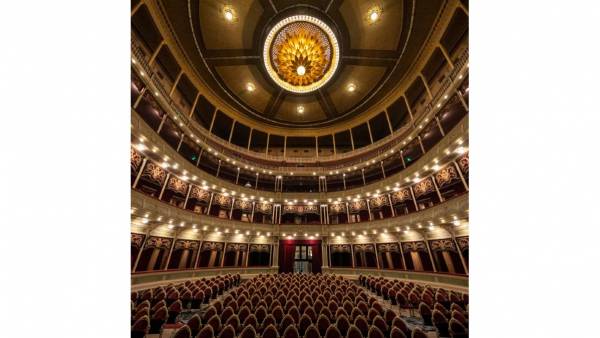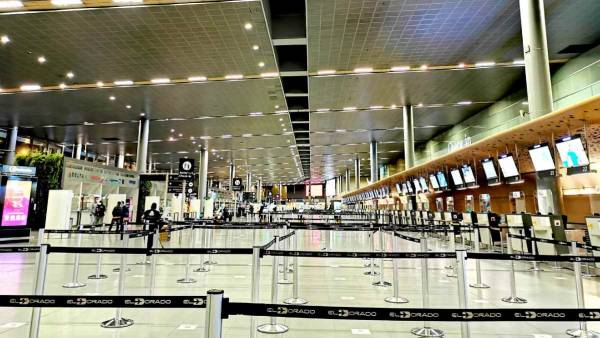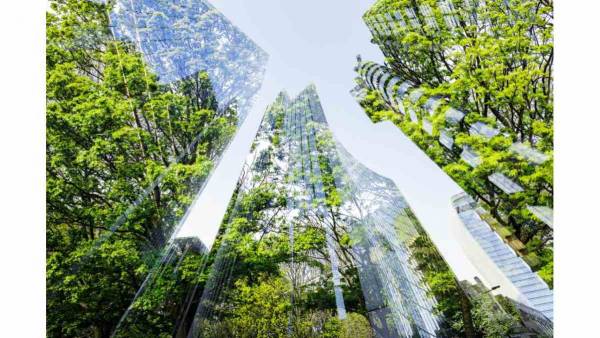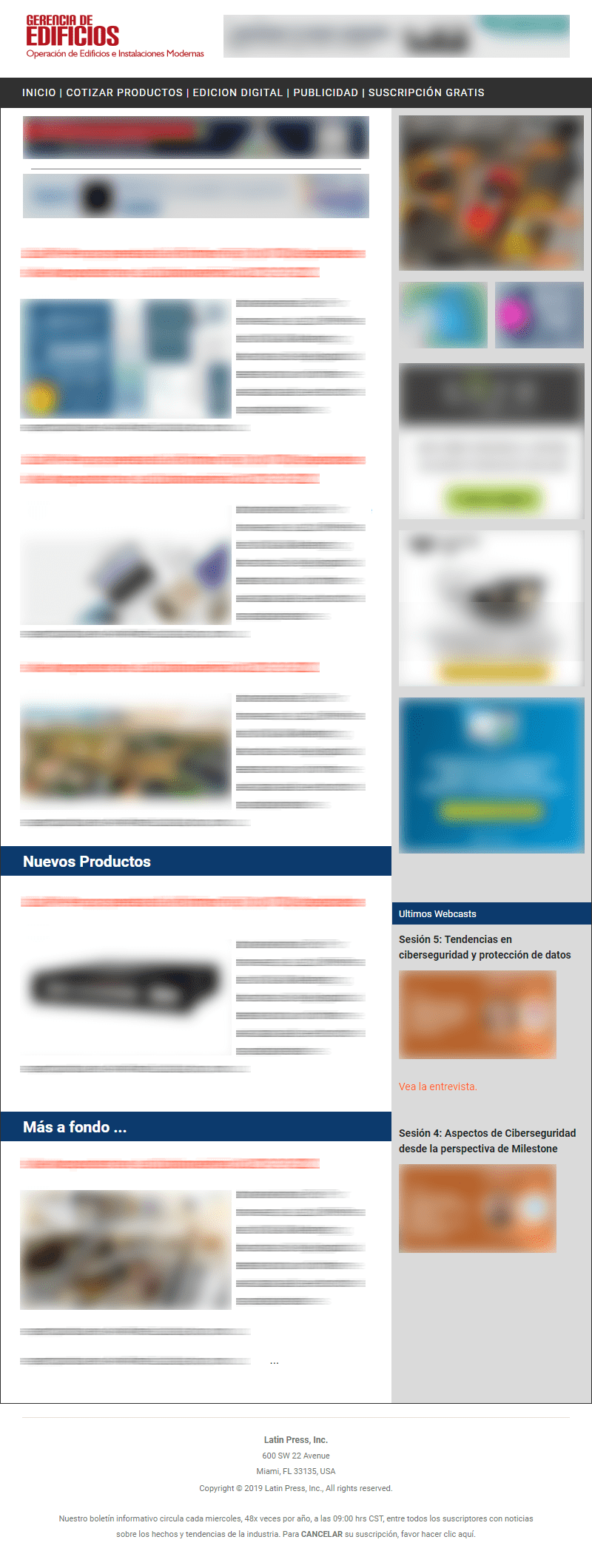 There are few hotels that have adaptations for the disabled in Latin America, and in this article we seek to know what are the reasons why a market that can be very profitable for the hotel industry is being wasted.
There are few hotels that have adaptations for the disabled in Latin America, and in this article we seek to know what are the reasons why a market that can be very profitable for the hotel industry is being wasted. By: Duván Chaverra Agudelo
While we were doing this article we realized that some Latin American hoteliers are not very well prepared to talk about a topic that deserves more importance than it has today, such as the adaptations in hotels for people with physical limitations.
The idea of writing about the subject was born from the experience of observing different hotels where we noticed that there are few or no appropriate facilities for people who have limitations in their mobility, visibility or sense of hearing.
To talk about the subject we have two hotel experts who from their experiences made an analysis on when it is necessary to have this type of facilities and what advantages it brings to the hotel. Sylvie Laitre, president of Hoteles Boutique de México, and Patricio Jiménez, general manager of the Hilton Colón Quito Hotel, are our guests.
Initially Patricio Jiménez emphasizes what it means to have an establishment where the disabled can also access with the same ease all the services offered by a place of this class, since the hotel he manages is recognized for having facilities suitable for this purpose.
On the relevance that his hotel gives to this issue, the businessman commented that "it deserves absolutely all the importance, in fact, many years ago the hotel implemented ramps in its access areas to lobbies and meeting rooms. In remodeling rooms, carried out approximately fifteen years ago, we enabled them so that the disabled had all the comforts, for example in the bathrooms we installed income widening and appropriate accessories. "
In the case of boutique hotels, Sylvie Laitre indicates that in recent years the type of client of these places has expanded to older people who need more appropriate spaces for their mobility. "You're seeing a change, because many of the boutique hotel customers are seniors in need of adapted spaces."
He added that due to the personal attention offered by boutique hotels they are very suitable: "Because they are very personal attention, they can be able to receive the disabled traveler. Usually these sites have spacious rooms, comfortable bathrooms, food service where the guest wishes, among others. In addition, the pre-arrival service of a boutique hotel allows you to prepare well for the needs of your future guest and adapt where necessary."
One of the reasons why a hotel decides not to carry out renovations thinking about this aspect is the cost of the work, however it is important to keep in mind that some modifications will improve the quality of service and the image of the establishment.
In this regard, Sylvie mentions that in boutique hotels "not everyone can do it and not everyone wants to do it, just like large hotels. In many cases, the cost of adaptation is simply out of reach and they must give up this market. Those who can adapt will have more opportunity to receive another important market."
Perhaps those involved in the industry have not analyzed that the market for people with some physical, sensory or mental disability, is a niche that has not yet been exploited and exploited in terms of business and that should be a task of the associations, to sensitize the hotelier with the intention of creating tourism for all.
On the other hand, the two guests mentioned the areas of the hotels that should be designed or adapted for disabled people. On the one hand, the general manager of the Hilton Colón Quito commented the following: "Access ramps to the hotel for circulation in lobbies, bathrooms with toilets and wide doors in public areas (lounges and restaurants), and rooms with special facilities, as I mentioned above."
On the part of boutique hotels, Sylvie Laitre stressed that on many occasions the adaptations are limited by the type of building: "Boutique hotels in many cases are historic buildings with an already marked 'architectural skeleton'. Therefore, they have some structural limitations, but in many cases they are buildings with larger rooms than a standard one and can perfectly adapt to the needs of a disabled person. Another plus is the personal attention offered by a boutique hotel, where you can perfectly contemplate an exclusive butler for the disabled person, making your stay a pleasant and perfectly adapted experience".
He added that "a boutique hotel is a space of flexibility, for example, food can be taken where the guest likes and this makes them more apt to meet the needs and desires of a person with a disability."
Disabled employees
If you have had the opportunity to travel you can try to remember that there are almost zero employees with disabilities who work inside a hotel, although it is worth clarifying that this not only happens in this industry, it is something very common in all types of businesses around the world.
Patricio Jiménez gave some reasons why it is difficult to hire staff with disabilities, although he emphasizes that within his work team there is someone who has been an employee of the hotel for more than three decades and is disabled.
"I think it is not common because it is a job with a lot of personal management, it is services that we offer and that makes the situation difficult. This is a job that offers unforeseen events, however, referring to the particular case of the Hotel Colón Quito, there has always been a social awareness in this regard, which is why the opportunity for social inclusion has been given to this type of people, so in our company many people with disabilities have passed. Even a team member who is currently celebrating 31 years in the company has stayed with us, which gives us a lot of satisfaction."
In many cases money is the main factor, in other cases the lack of preparation limits the renovation of the different hotels for the disabled; however, the most important thing is to understand that we are facing a potential market that can generate great profits in the region if you take into account that there are more than 500 million disabled people in the world who are already offered attractive tourist packages.
It is time to act for those who have not done so and to improve the product for those who see in this option a profitable opportunity.

























Leave your comment